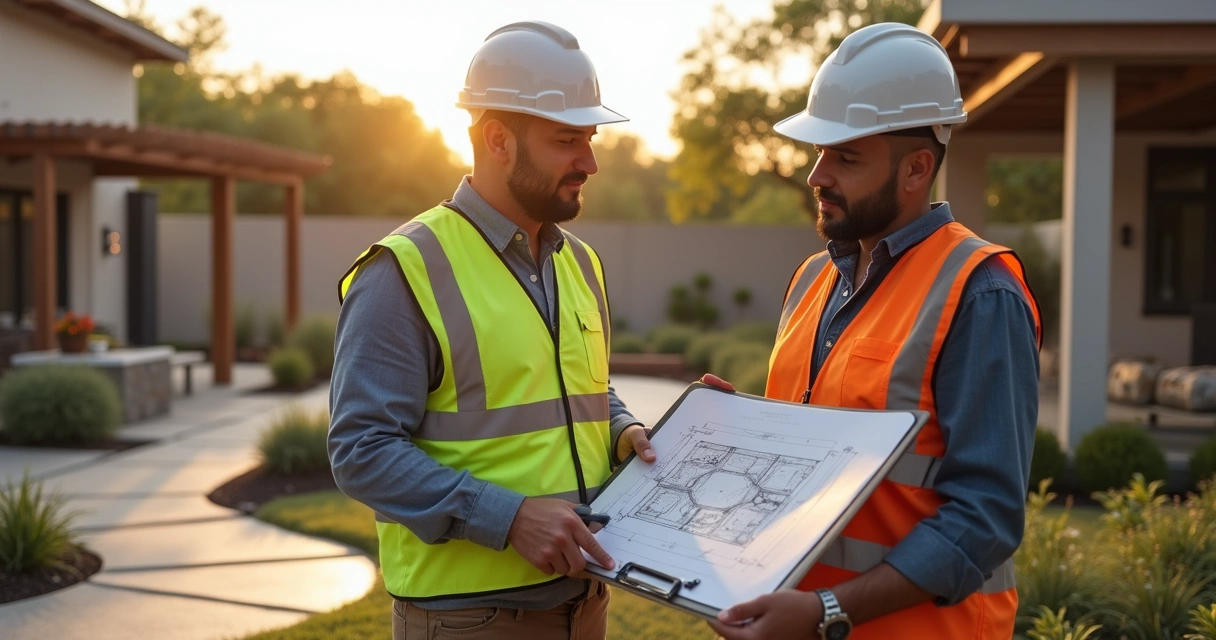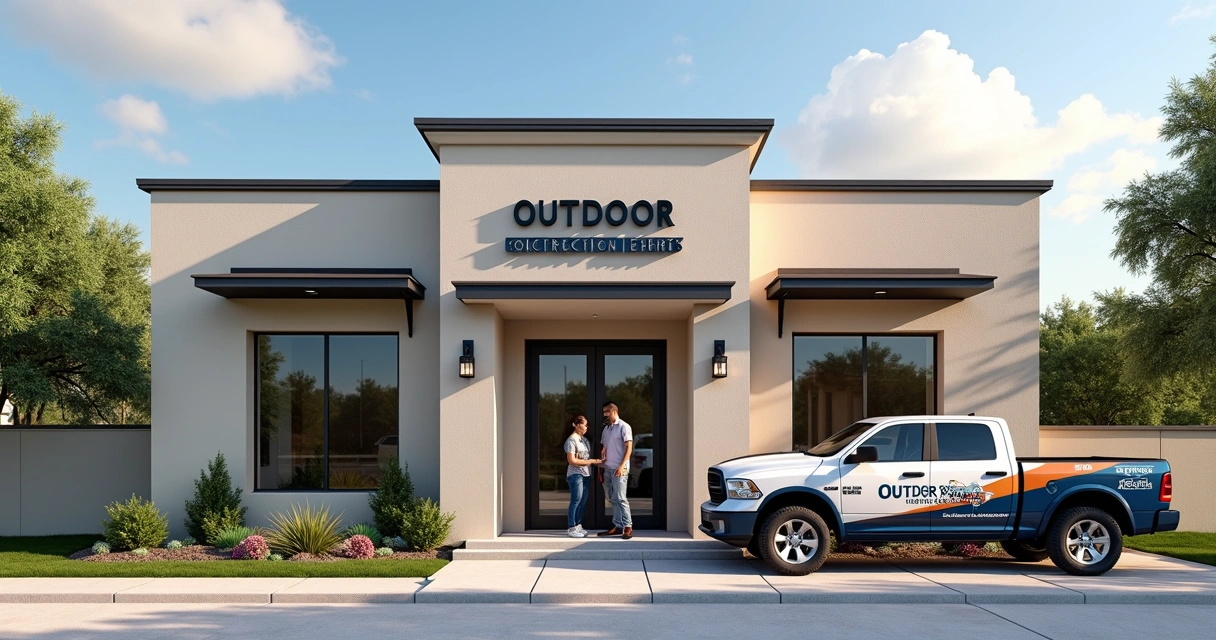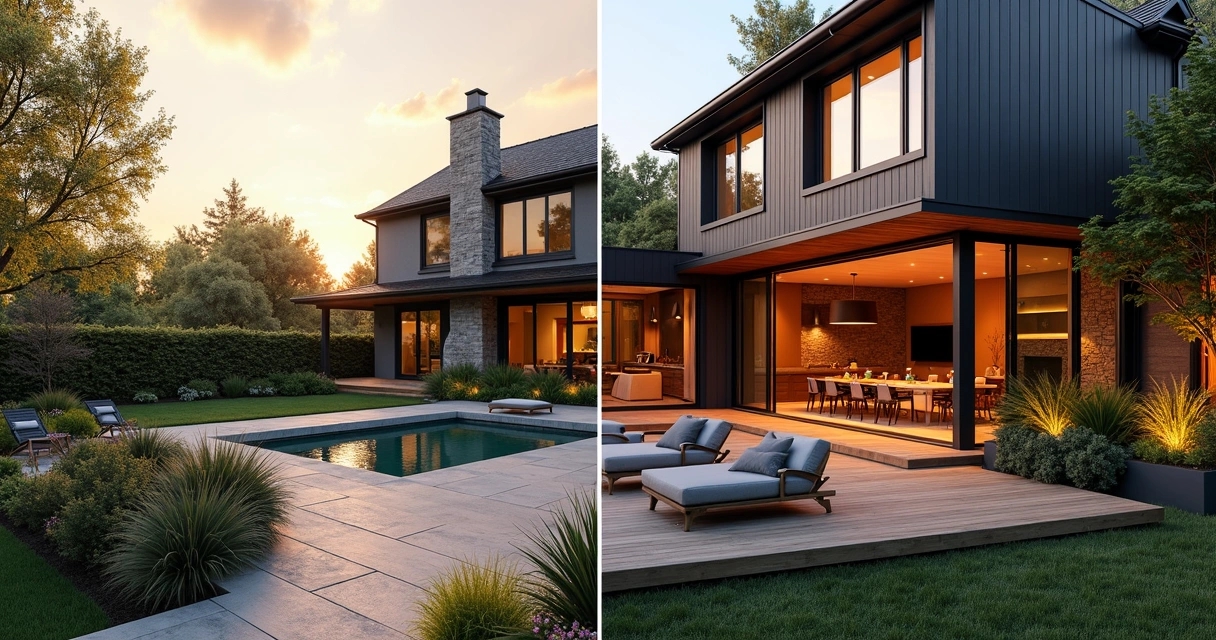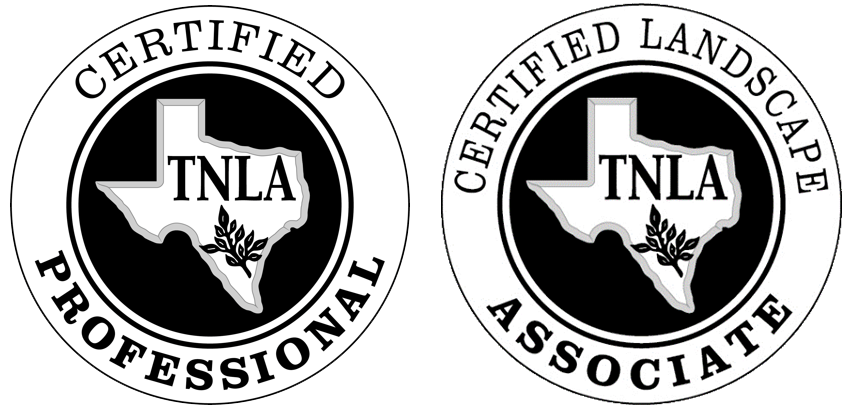Dreaming of a backyard retreat? Ready to transform a bland patio into a lively gathering space? Texas has no shortage of outdoor contractors promising all sorts of upgrades, but finding someone you can trust to deliver is another story. I’ve spent decades in this industry and, honestly, even with experience, you sometimes get an uneasy feeling before signing on the dotted line. The stakes are just too high—projects can get expensive, messy, and drag on forever if you pick the wrong team.
Here’s what I think: Before you dive in, spend real time on vetting. That’s how projects like Urban Oasis achieve such consistent results. Trust isn’t just handed over—it’s earned through transparency, clear communication, proper credentials, and a proven track record. If you’re in Texas, here’s the practical way to assess which contractor deserves your yard and your money.
What reliability really looks like
Some contractors feel reliable. They have branded vehicles, a handful of glowing online reviews, and a slick-looking website. On the surface, that’s impressive—but what does reliability truly mean? The Texas Attorney General’s Office recommends you skip door-to-door deals and pick contractors with an established, local presence. Physical addresses matter. Real companies have offices, warehouses, or showrooms you can visit (oag.state.tx.us).
You’re also looking for a contractor who:
- Always replies, even if the news isn’t great.
- Completes jobs when they say they will—barring some wild Texas weather.
- Documents plans, timelines, and budgets in writing.
- Doesn’t disappear once the final payment clears.
If a contractor blames previous clients for delays or gets defensive about schedule questions, pause. Things go wrong in construction—reliable contractors will acknowledge issues and explain how they solved them in the past.
 Checking credentials and legal stuff
Checking credentials and legal stuff
Texas doesn’t require general contractors or landscapers to have a state license, but electricians, plumbers, and certain trades absolutely must be licensed. The City of Austin advises you to insist on proof of current licenses and insurance for any trade work, and to request documentation for permits if your project demands them (austintexas.gov).
Insurance is non-negotiable. At minimum, the company should provide:
- General liability coverage
- Workers’ compensation insurance
Grange Insurance says you can (and should) ask for a certificate of insurance and confirm it’s current by calling the insurer directly. Businesses like Urban Oasis share documentation confidently—they understand you’re protecting your home, not just shopping for deals (grangeinsurance.com).
Transparency: contracts, bids and change orders
It almost goes without saying, but never commit based on a handshake or a vague text agreement. The legal experts at Texas Legal warn against signing without clear, detailed written agreements. These should spell out:
- Scope of work: every deck, stone step, pergola beam, or water feature detailed
- Timeline broken into phases—start and completion dates, with wiggle room for Texas weather
- Payment schedule aligned with completed phases, never full payment upfront
- How changes will be managed, documented, and billed
Clear contracts prevent headaches (and heartbreak) down the line.
The Dallas Morning News also advises collecting at least three bids to be sure you’re comparing fair numbers and not just the lowest price—unusually low bids often signal someone’s either cutting corners or will slap you with add-on fees later (dallasnews.com).
Evaluating portfolios and past work
You want more than a list of completed addresses. You want to see proof—before and after photos, details about challenges overcome, testimonials, and ideally projects that mirror your own vision. At Urban Oasis project gallery, for example, you get to browse real backyards, patios, pool areas and see what’s actually possible with the right team.
Ask contractors to:
- Share digital albums or printed project books
- Provide contact info (with permission) for previous clients
- Talk about problems faced on real jobs and the solutions they used
Recent portfolios are best—construction standards and client tastes change a lot over five or ten years.
 Communication and client reviews
Communication and client reviews
Even the fanciest design isn’t much use if you can’t reach your contractor. Urban Oasis puts a premium on quick, honest, and respectful communication. The client reviews section gives you a sense of how past clients felt about updates, responsiveness, and problem-solving after signing the contract.
Signs that a contractor communicates well:
- Responds promptly—no ghosting after you sign
- Open about delays and solutions, not excuses
- Keeps you posted about budget, design, and permit updates
If you can’t get answers now, it won’t get better during construction. Prioritize teams known for answering questions, not avoiding them.
Your step-by-step vetting checklist
If you run a construction company or just want a bulletproof process before you partner with anyone, use this basic checklist:
- Verify a real, local presence and physical address
- Ask for and check certificates of insurance (liability and workers’ comp)
- Confirm any trade licenses if your project involves electrical, plumbing, etc.
- Collect at least three bids and compare them carefully
- Demand detailed, written contracts and payment terms
- Evaluate a portfolio with projects similar to yours
- Check at least three references and read independent reviews
- Assess communication style—are your calls and emails answered swiftly?
- Check for professional memberships or community involvement (optional, but a bonus)
Not every contractor will check every box, but if you spot several missing pieces, keep looking.
When it’s time to decide
If you’re reading all this still feeling undecided, that’s not a flaw in you—it’s a sign you care about a good investment. Choosing a partner for your outdoor project requires both caution and trust. Teams at Urban Oasis know that. They walk clients through every phase, from first call to final sign-off, making sure nothing’s left vague or uncertain.
If you’re ready for a truly transparent, expert-driven outdoor transformation—whether you’re planning a sleek new pool area, a shady pergola for summer barbecues, or a contemporary landscape design—explore the services at Urban Oasis and see how the process works from consultation to construction.
Have questions? See the answers to what Texans ask most below, or read more about the backstage process at our team’s story or browse frequent concerns at our FAQ page. We’d love to help you make your dream outdoor space a reality. Set up your consultation, and see how your vision could take shape—with no guesswork, no stress, just real results.
Frequently Asked Questions
How to check a contractor’s license?
Trade licenses (for electricians, plumbers, and HVAC contractors) can be verified through the Texas Department of Licensing and Regulation (TDLR) website or the local municipality’s permitting office. Always ask your contractor for their license number and confirm it’s active and valid for your project’s scope. For more information on what to review and where, see guidance from the City of Austin (austintexas.gov).
What are common contractor red flags?
Major red flags include: no verifiable address, no references, high-pressure tactics to sign contracts quickly, vague or missing contract terms, requests for large or full upfront payments, unprofessional conduct, and estimates that are much lower (or higher) than others. According to Texas Legal, watch out for anyone who evades questions or discourages you from getting other bids.
How much do outdoor contractors charge?
Outdoor contractor fees in Texas vary depending on project size, design complexity, materials, and location. As a general guideline: landscaping can range from a few thousand dollars for small projects to $50,000+ for full backyard transformations. Decks, patios, and pools can have broad price ranges. Always request detailed, written bids from multiple contractors, and compare what’s included—sometimes the cheapest doesn’t account for quality materials or proper insurance. For more, check service menus and pricing guides like those at Urban Oasis Our Services.
Where to find top-rated contractors?
Start with local listings, review platforms, and word of mouth from trusted friends or neighbors. Always research online reviews, and consider directories from professional trade groups. Once you’ve got some names, check out their project galleries, feedback sections, and even social media portfolios. For verified feedback and project inspiration, see the Urban Oasis reviews page.
Is insurance required for Texas contractors?
Texas doesn’t always require general liability or workers’ compensation insurance for all outdoor contractors, but you should never hire anyone without proof of both types. Insurance protects homeowners from lawsuits or costs if someone is hurt on the job. Ask to see certificates, then confirm them with the insurance provider, as recommended by Grange Insurance and the Dallas Morning News.


 Checking credentials and legal stuff
Checking credentials and legal stuff Communication and client reviews
Communication and client reviews

